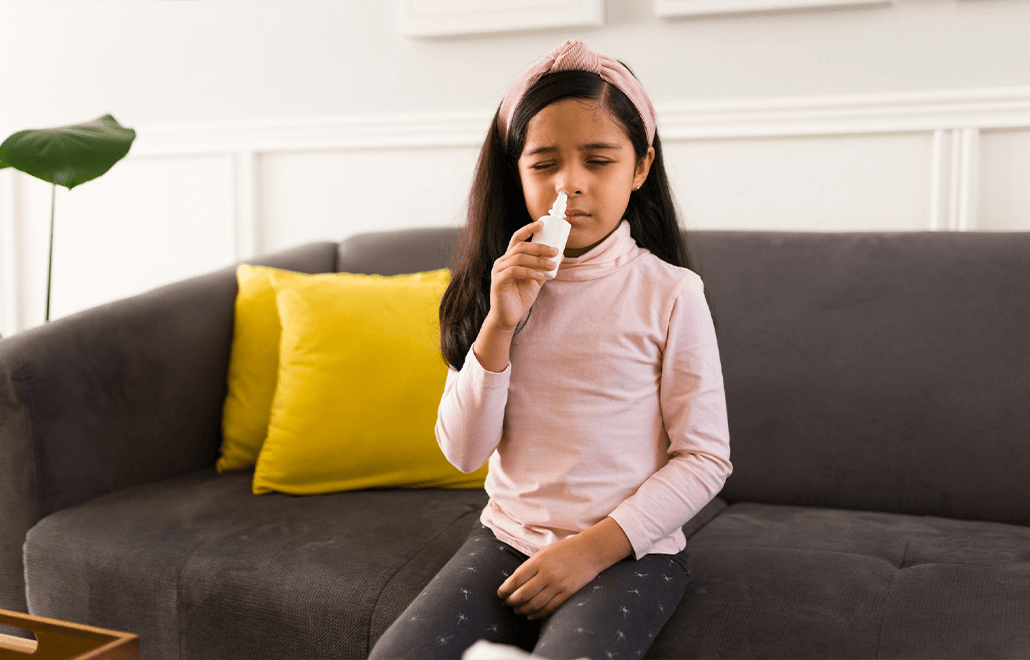
01 May Managing Your Child’s Pollen Allergy
As the flowers bloom and trees sprout new leaves, spring brings a sense of renewal and rejuvenation. However, for children with pollen allergies, the arrival of spring can also mean sneezing, itching, and other uncomfortable symptoms. Pollen allergies, also known as hay fever or allergic rhinitis, affect millions of children worldwide and can significantly impact their quality of life. In this blog, we’ll discuss strategies for managing your child’s pollen allergy and minimizing their symptoms during allergy season.
Understanding Pollen Allergy:
Pollen is a fine powder produced by plants as part of their reproductive process. When pollen grains are released into the air and inhaled, they can trigger an allergic reaction in sensitive individuals. Common symptoms of pollen allergy include:
- Sneezing
- Runny or stuffy nose
- Itchy or watery eyes
- Scratchy throat
- Coughing
- Fatigue
Tips for Managing Your Child’s Pollen Allergy:
- Monitor Pollen Counts: Keep track of pollen levels in your area and try to limit outdoor activities on days when pollen counts are high. Many weather websites and apps provide daily pollen forecasts to help you plan accordingly.
- Keep Windows Closed: During peak pollen season, keep windows and doors closed to prevent pollen from entering your home. Use air conditioning instead to filter indoor air and maintain a comfortable temperature.
- Practice Good Hygiene: Encourage your child to wash their hands and face frequently, especially after spending time outdoors. Showering before bedtime can also help remove any pollen particles that may have accumulated on the skin and hair.
- Use Saline Nasal Sprays: Saline nasal sprays can help rinse away pollen from the nasal passages and alleviate congestion and irritation. These sprays are safe for children and can be used as needed throughout the day.
- Consider Allergy Medications: Over-the-counter or prescription allergy medications can help relieve your child’s symptoms during allergy season. Antihistamines, nasal corticosteroids, and decongestants are commonly used to treat pollen allergy. Consult your pediatrician for personalized recommendations.
- Create an Allergy-Safe Home: Implementing allergen-reducing measures in your home can help create a more comfortable environment for your child. Vacuum and dust regularly, use allergen-proof pillow and mattress covers, and consider investing in a high-efficiency particulate air (HEPA) filter for your HVAC system.
- Consult an Allergist: If your child’s pollen allergy symptoms are severe or persistent despite these measures, consider consulting an allergist for further evaluation and management. Allergy testing may be recommended to identify specific triggers and develop a targeted treatment plan.
By taking proactive steps to manage your child’s pollen allergy, you can help alleviate their symptoms and improve their overall quality of life during allergy season. From monitoring pollen counts to practicing good hygiene and considering allergy medications, there are various strategies available to minimize the impact of pollen allergy on your child’s health and well-being.
At Continuum Pediatrics, we are here to support you in managing your child’s allergies and providing personalized care to meet their unique needs. Contact us today to schedule an appointment or learn more about our allergy services.

